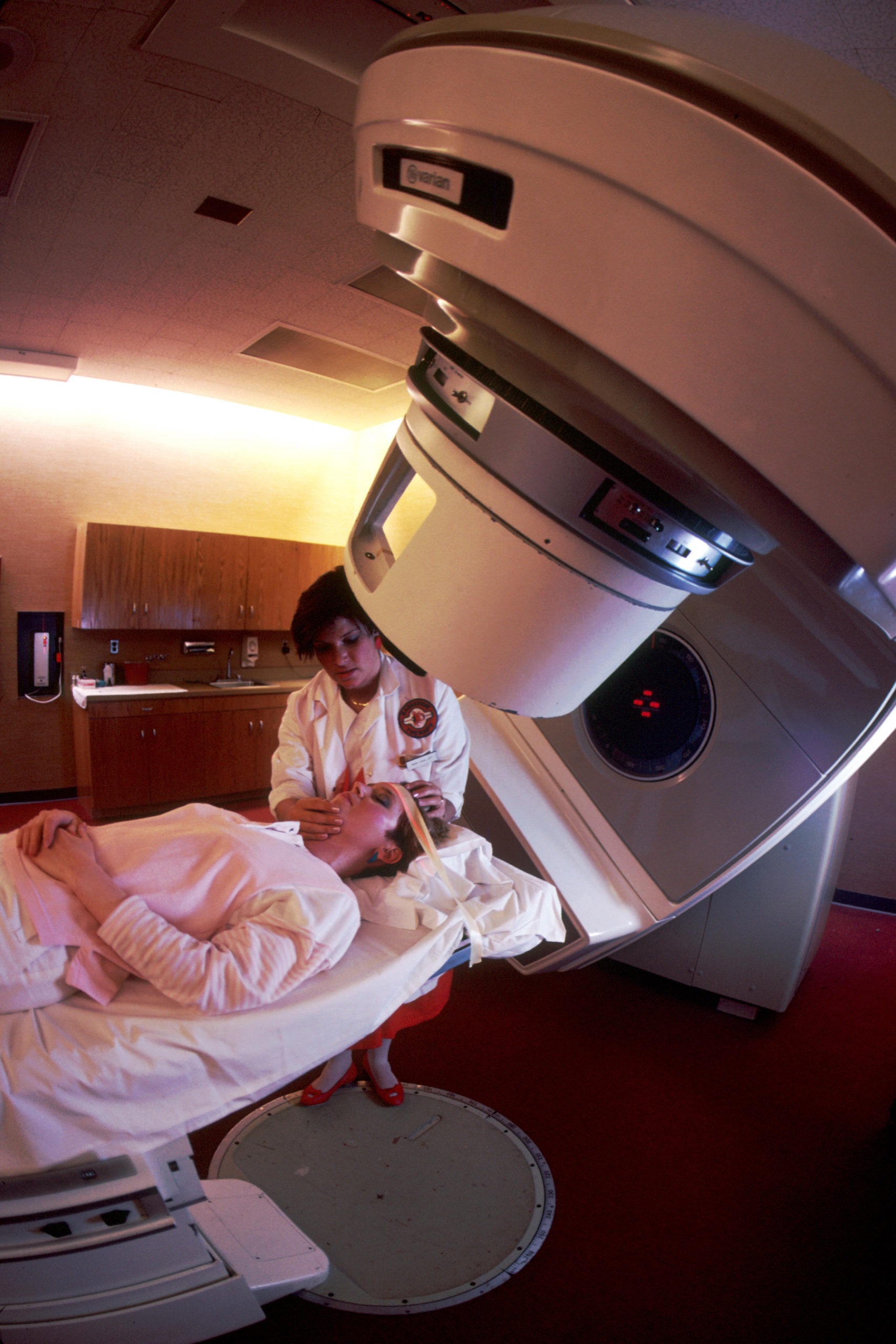Share this Page:
A recent study looked at the outcomes of patients with brain metastases from kidney cancer treated with first-line therapies. Data from over 40 institutions worldwide is being collected to assess the demographics and outcomes of kidney cancer patients.
Patients with brain metastases from kidney cancer were assessed at the start of first-line therapy. Patient characteristics, treatment of brain metastases, the overall response of the patient to treatment, and overall survival time were compared for the first-line therapies.
This study showed three main points:
- The incidence of kidney cancer brain metastases at start of first-line treatment was 7.9%. Since this is not an insignificant number of people, it was suggested that patients undergo brain screening before starting first-line treatment.
- The outcomes for patients with brain metastases where improved with immunotherapy combination treatment (mostly nivolumab plus ipilimumab) compared to treatment with a tyrosine kinase inhibitor. Patients with intermediate- or favourable-risk disease had longer survival. Also brain-directed treatments, such as stereotactic ablative radiotherapy (SABR) or brain surgery were associated with longer survival.
- The use of whole-brain radiotherapy has been declining significantly these days, and the use of SABR is increasing.
The researchers suggested a multidisciplinary approach for patients with brain metastases, including more effective systemic therapies, such as combination immunotherapy, and also the brain-directed therapies, such as SABR or brain surgery, where applicable.
They also suggested that because the incidence of brain metastases at the start of first-line therapy is relatively high (just less than 10%), brain screening needs to be considered before starting treatment because this could potentially change the treatment strategy and the sequence of treatments, e.g., patients might benefit from brain-directed treatments first to control symptoms, such as headaches and seizures, followed by intensive immunotherapy combination treatment. Also, while patients are receiving brain-directed treatment, patients are usually given steroid treatment, which can reduce the effectiveness of immunotherapy. So it is reasonable to wait until the patient has stopped steroid treatment after brain-directed treatment before starting immunotherapy.
In conclusion, this study suggests that people with advanced kidney cancer should be screened for brain metastases, and local treatment, such as SABR, should be done before starting immunotherapy combination treatment to get the most benefit.














